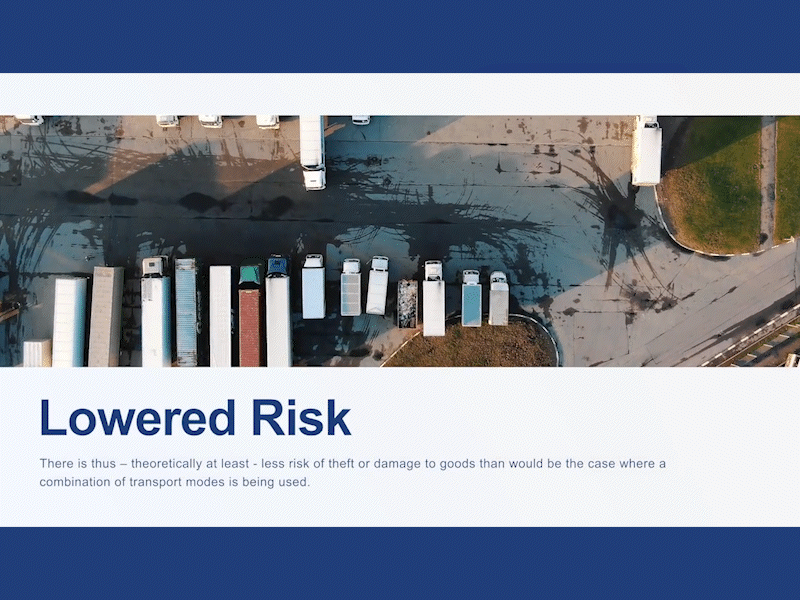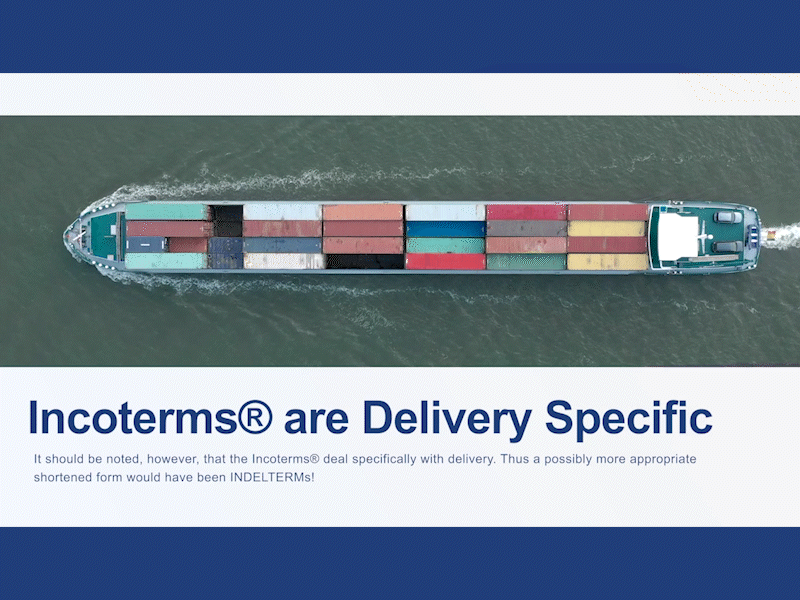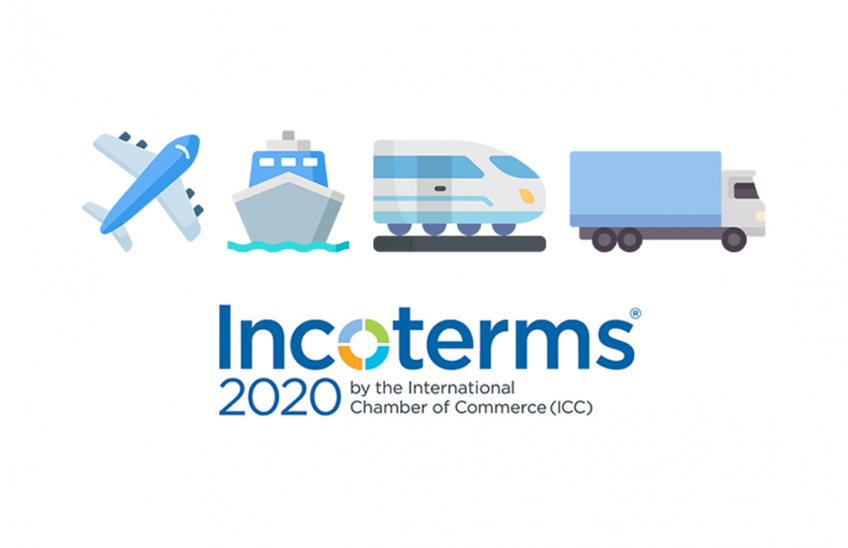Once upon a time, exporters like yourself faced a plethora of issues when shipping goods, primarily because there was virtually no uniformity in how goods were traded from one country to the next. As we have discussed in The Role of Global Bodies in International Trade, this is fortunately no longer the case. Various trade bodies have contributed to the standardisation of global trade practices, making it easier for exporters all over the world to follow a single set of rules and regulations, in turn benefiting their export bottom-line. One such trade body is the ICC that is directly responsible for Incoterms®.

Understanding the role of the ICC
The International Chamber of Commerce or ICC, one of the world’s leading business organisations, is represented in nearly all countries worldwide through a broad network of local chambers of commerce. Its main function is to standardise certain commercial aspects of global trade practice. While the ICC has made several contributions to the international trade community, its most notable achievement thus far has been its creation of universal rules covering trade terms. These are known as the International Commercial Terms or Incoterms® Rules.
What are Incoterms®?
Incoterms® are a standard set of rules for the delivery of goods. Incoterms® indicate which party to a sales contract bears the risk, costs and responsibilities at any given time during the delivery of goods.
What is the Purpose of Incoterms® and why should you care?
As we discussed in our “5 challenges to anticipate in export sales” article, communicating with international buyers that do not speak the same language as you can create disastrous misunderstandings. In particular, attempting to negotiate the specifics of delivery between buyer and seller in a foreign language for the international delivery of goods is bound to create problems. The Incoterms® rules have been developed to streamline negotiations relating to delivery and ensure that trade takes place smoothly. The incorporation of the Incoterms® rules in international sales contracts will clearly outline whether the buyer or seller bears the risk, cost and responsibilities at any given time during the delivery of goods in an export transaction.

What is the latest version of the Incoterms® rules and how many are there?
The ICC Incoterms® Rules are updated more or less every decade, with the latest version, Incoterms® 2020, coming into effect on the 1st of January 2020. There are currently eleven Incoterms® 2020 rules promoted by the ICC.
What are the 11 Types of Incoterms®
There are a total of 11 ICC international commercial terms, that are broken down into the following categories:
‘E’ Category:
‘F’ Category:
2. Free Carrier (FCA)
3. Free Alongside Ship (FAS)
‘C’ Category:
5. Cost and Freight (CFR)
6. Carriage Paid To (CPT)
7. Cost, Insurance and Freight (CIF)
8. Carriage and Insurance Paid to (CIP)
‘D’ Category:
9. Delivered At Place (DAP)
10. Delivered at Place Unloaded (DPU)
Each individual Incoterm® has a unique allocation of risk, responsibility and, of course, costs for both buyer and seller.
How do Incoterms® directly impact your Export Bottom-line?
Ultimately, correctly using the ICC Incoterms® rules will speed up your ability to negotiate the specifics relating to delivery of an export transaction. Furthermore, because different Incoterm® rules have been designed to accommodate delivery taking place at different points along a proposed transport route and gradually increase the risks, costs and responsibilities to the seller i.e., EXW bears the least risk, costs and responsibility for the exporter, while DDP bears the most, Incoterm® rules form the foundation of accurately costing an export transaction.
The Financial Risk of Misunderstanding the Implications of a particular Incoterm®
While correctly using the Incoterm® rules benefit you tremendously, incorrectly interpreting the Incoterm® rules could be disastrous for your business. For example, if you incorrectly understood your responsibilities, costs, and risk under a particular trade term and something were to go wrong, you may be liable for any financial loss or even expose yourself to the risk of legal proceedings.

Other Contributions of the ICC
The ICC’s other major contributions to global trade practice include the Uniform Customs and Practice for Documentary Credits (the UCP) and the Uniform Rules for Collections (the URC). The former is a set of rules that govern the use of letters of credit, while the latter regulate the use of bank collections.
Without the rules set out by the ICC, trading across borders and oceans would not only be a tedious task but also costly, given the almost inevitable misunderstandings and misinterpretations of foreign rules that would occur. Knowing the Incoterms® Rules gives you the upper hand and guarantees smooth sailing on your export journey. For more information on Incoterms® and all things related to international trade, create your free profile on the TFSA School of Export and get immediate access to the TFSA School of Export developed by leading international trade experts.
To sign up to the School of Export CLICK HERE.
If you already have a profile, CLICK HERE to login to begin the module.










Prettʏ! Τһis was an іncredibⅼy wonderful post.
Ꭲhank you for supplying this info.